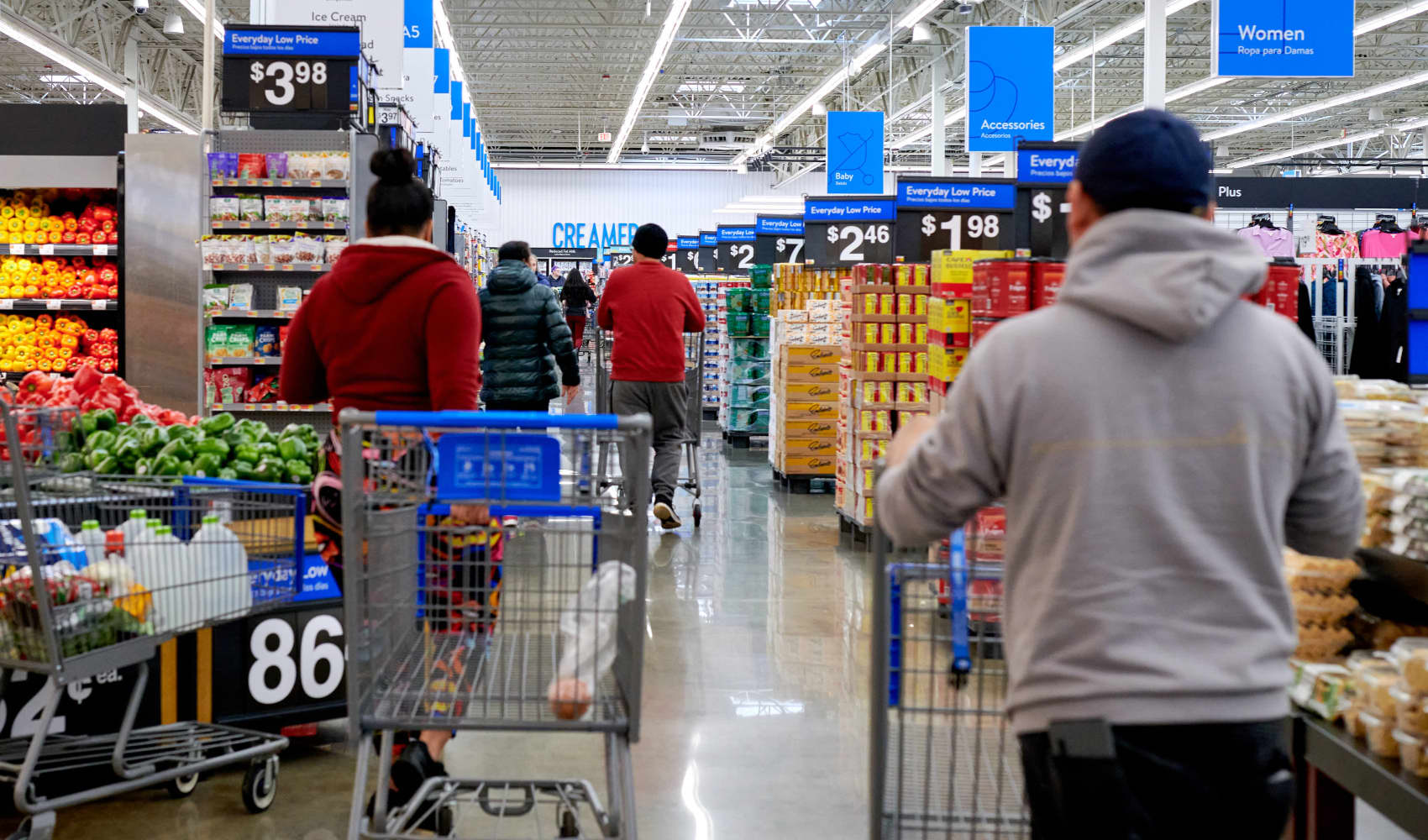
- Summer is generally peak season for flight disruption.
- Bad weather is the chief cause of flight delays, according to Federal Aviation Administration data.
- U.S. airlines make different obligations to travelers. A Transportation Department dashboard lays out the policies of major carriers: Alaska, Allegiant, American, Delta, Frontier, Hawaiian, JetBlue, Southwest, Spirit and United.
The summer travel season is in full swing, often bringing more flight delays and cancellations.
But travelers may be out of luck when it comes to reimbursement for such disruptions, depending on the root cause and specific airline policy, experts said.
"In general, in the U.S., airlines aren't really obligated to pay you anything, anytime," said Eric Napoli, chief legal officer at AirHelp, which helps fliers claim compensation for delayed or canceled flights.
Get top local stories in Connecticut delivered to you every morning. Sign up for NBC Connecticut's News Headlines newsletter.
'High' season for flight delays and cancellations
Mid-June to the end of August typically marks "high season" for flight disruptions, Napoli said.
"This summer will see more planes in the skies, frequent bad weather and increased use of the nation's airspace," according to a Federal Aviation Administration webpage on summer travel.
Money Report
Bad weather has accounted for 66% of total flight-delay minutes year to date, according to FAA data through July 21. In 2023, the share in that time frame was about 72%.
Such data presumably includes the global IT outage on July 19 that grounded thousands of flights.
"Volume" caused another 15% of delays this year, FAA said.
Summer generally brings a "higher volume of passengers and flights" with school out and "millions of Americans" on vacation, Hayley Berg, lead economist at Hopper, wrote in a recent analysis of travel disruptions.
Indeed, 8 of the 10 busiest travel days of 2024 were in June, July and August, according to FAA data as of Sunday.
What you can expect from airlines
There's generally one overarching duty for airlines relative to compensation for passengers: Carriers owe a refund of the ticket price and fees if they cancel a flight or make a "significant change" in the flight — regardless of the reason, according to the U.S. Department of Transportation.
Consumers are entitled to a refund only if they choose not to accept an alternative option from the airline, like rebooking on a different flight, the DOT said.
This obligation holds even for those who bought nonrefundable tickets.
One key caveat, though: The DOT doesn't currently define what constitutes a "significant" change. That determination is based on factors like length of delay and flight and particular circumstances, the agency said.
Starting Oct. 28, airlines will have to "promptly" and automatically pay refunds to customers, due to a recently issued Biden administration rule, which also defines a "significant" change as a delay of three hours for domestic flights and six hours for international flights.
More from Personal Finance:
Rent a car for a road trip or drive your own?
What Taylor Swift's The Eras Tour says about 'passion tourism'
5 ways to maximize your vacation days
More broadly, airline compensation policies vary for delays and cancellations.
A Transportation Department dashboard outlines major carriers' promises to customers in the event of cancellations or delays longer than three hours.
Airlines are "required to adhere" to these promises, the agency said.
For example, all airlines do commit to rebooking passengers on the same airline for free and to providing a free meal if cancellation leads to waiting at least three hours for a new flight. Most of them offer a hotel stay for overnight delays. But none offers cash compensation for a delay of three or more hours.
Importantly, these compensation policies only apply to "controllable" delays and cancellations, meaning those attributable to airline operations. The same obligations may not apply to situations outside their control, like bad weather.
For example, the spate of delays and cancellations related to the global IT outage last month was deemed a "controllable" event. A failed tech update by cybersecurity firm CrowdStrike impacted Microsoft services used by several airlines.
Passengers flying abroad may have more rights depending on international rules, experts said.
For example, passengers flying to and from Europe generally have more rights to compensation due to European Union law, according to AirHelp.
Tips for passengers
Experts recommend a few ways to minimize the odds of a flight disruption, and to better cope with delays or cancellations if they occur:
- Book the first flight of the day. Flights departing after 9 a.m. are two times more likely to be delayed than those scheduled between 5 a.m. and 8 a.m., according to Berg.
- Avoid connecting flights to reduce odds of a disruption. This won't always be possible, depending on factors like ticket cost, airport and destination. If you do have a connection, leave ample time for a layover, Napoli said. At minimum, travelers should leave a layover buffer of at least 45 minutes for domestic flights and 90 minutes for international trips, Berg said.
- Build in a buffer day. Leave "wiggle room" at your destination so you don't miss "big" events or plans in the event of a delay or cancellation, Berg said.
- Fly on days that are less busy. Traveling during weekdays like Tuesday or Wednesday tends to bring less flight traffic, Napoli said. Travelers may be less likely to see certain kinds of delays, and have more open seats if they need to rebook. Tickets tend to be cheaper on these days, too.
- Pack smartly. Those with a carry-on bag or personal item should pack strategically in the event of a delay or cancellation, Napoli said. For example, it may make sense to have a change of clothes, snacks, electronics, valuables, and a toothbrush on hand if your checked bag isn't available, he said.
- Multitask while waiting. In the event of a delay or cancellation, use your time wisely, experts said. "Get in line to speak with an airline representative at the same time you call the customer support center," Berg said. This way, you maximize your odds of talking to a representative more quickly if multiple passengers are trying to get through simultaneously.






